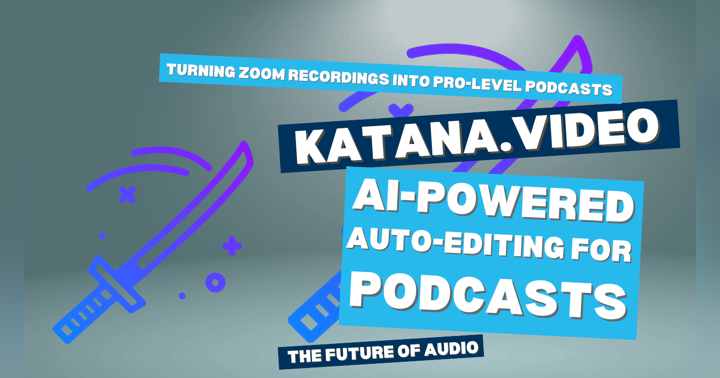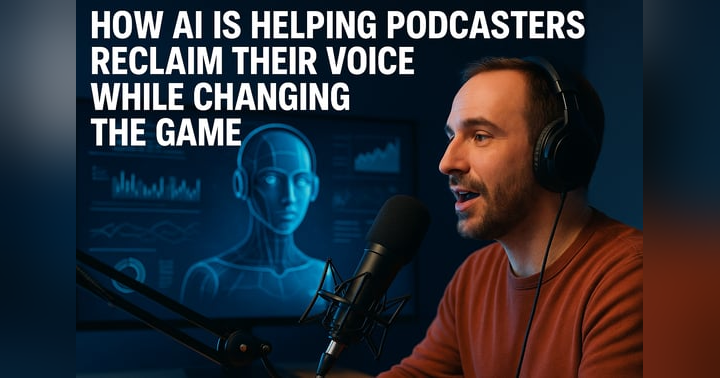Will the Spotify Play Feature Change the Podcasting Landscape?

YouTube, TikTok, and Instagram have long put play counts front and center—but podcast platforms (with rare exceptions like SoundCloud) have traditionally kept this data hidden. That’s about to change in a move that could redefine podcasting forever. A recent announcement from Spotify has the potential to revolutionize the podcast landscape by enhancing transparency regarding show performance for listeners.
Starting this week, Spotify has revealed that it will now show play counts in addition to the release date, content length, and other metadata within the app for its users. Spotify describes the play count as showing the total number of times people listen to or watch an episode. While it's not explicitly stated, one can infer that a play is activated the moment the button is pressed, rather than relying on the listener to engage for a specified duration.
They did explain what the users of their platform will see with those counts:
To help audiences quickly identify popular content, play counts are rounded to the nearest thousand or million. For the first 24 hours after publishing, episodes will display a ‘New’ label instead of a play count as they build up initial listens. After that period, episodes with fewer than 1,000 plays will display <1K.
Spotify says these numbers are meant to provide a “simple” way for users to pick and choose what content is worth consuming. As a viewer, seeing that a piece of content has had more plays tends to give it more credibility. Assuming the larger number of plays are a result of like-minded people who are sharing and discussing it widely.
It will be important to see how these numbers are policed. An army of "podcast promoters" is likely poised to flood your inbox with direct messages promising to skyrocket your Spotify play counts as we type this. The feature also opens a Pandora’s box—risking a system that rewards herd mentality over quality, potentially pushing podcasting toward homogenized, algorithm-driven content.
It also wouldn't be surprising if independent creators now encounter an even greater challenge in their pursuit of growth and increased engagement. Too many prospective sponsors and guests will rely on this metric as a crucial benchmark to determine the value of your content and whether it deserves their attention.
Either way, Spotify continues to make moves that chip away at Apple’s perceived role as the center of the podcasting world


